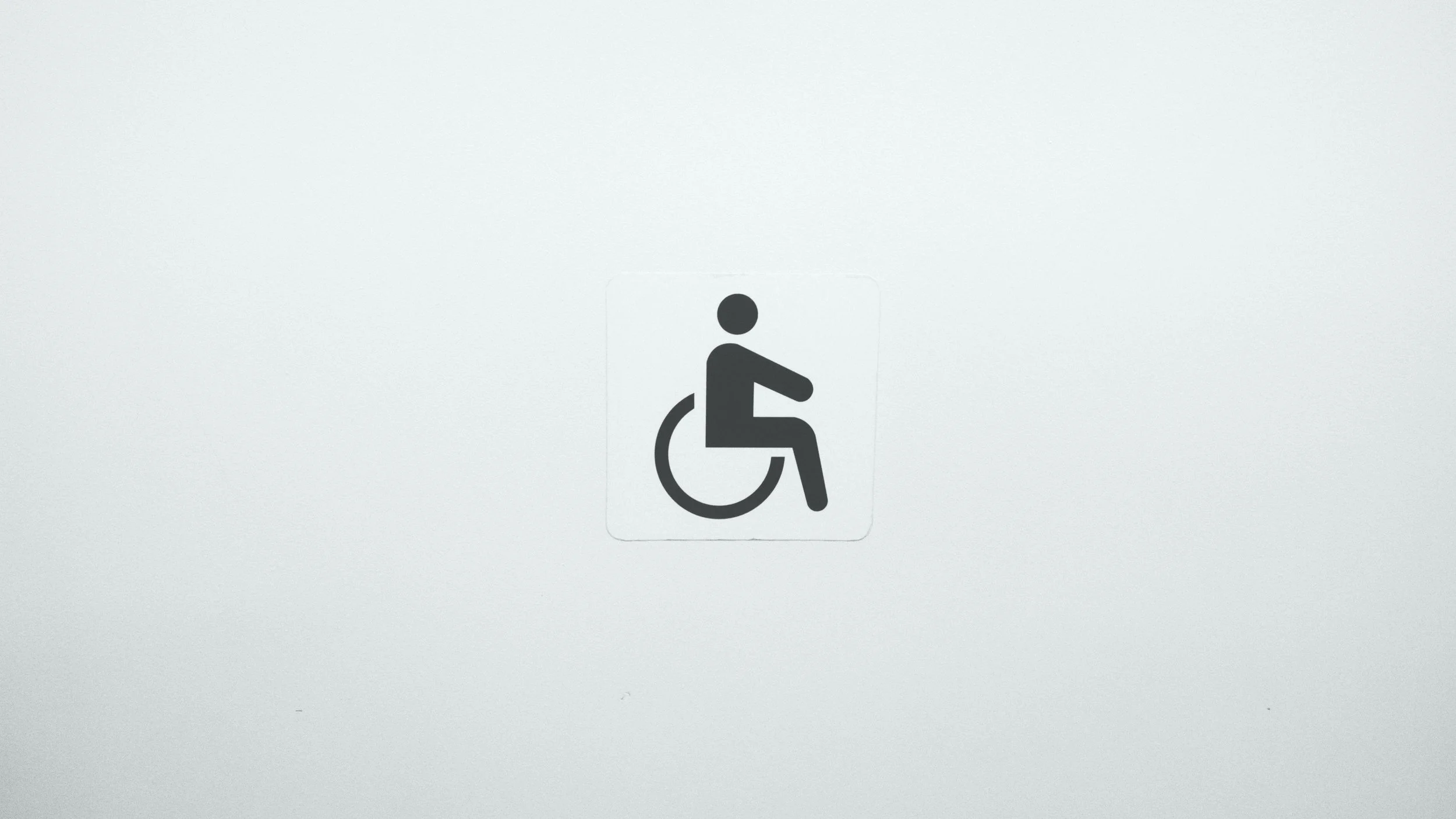Anxiety
Anxiety, at the most basic level, is when your brain perceives a threat and sends your body into “fight or flight mode.” People experience anxiety as a normal reaction to feeling threatened, nervous, worried, or under pressure — and it isn’t always a bad thing.
Anxiety is a word that we use to describe lots of different emotions, but, essentially, it describes anything that makes people feel frightened, distressed or uneasy. But if it becomes a constant part of your life, and begins to impact how you function in the day-to-day, it goes from just a normal brain function to an anxiety disorder.
What does anxiety feel like?
Physically, your body starts to release cortisol — stress hormones — and you feel a burst of adrenaline, a quickening of your pulse, and a complete redirection of your blood so you can’t think clearly. If you begin to feel these symptoms, anxiety is likely to be the source:
Nausea
Dizziness
Trembling
Sweating
Fatigued
Irritability
Muscle aches
Restlessness
Elevated heart rate
Difficulty breathing
These are just some of the symptoms that you may feel with anxiety, but your body can respond in a number of ways.
Anxiety impacts your emotions, as well. It can make you feel extremely uncomfortable, out of control, or helpless. Anxiety impacts your ability to relax, concentrate, or to find peace within your thoughts.
What are the different forms of anxiety?
Like much of mental health, anxiety doesn’t stem from the same place for each and every person. It can be caused by any number of things, and there isn’t a one-size-fits-all explanation, as to where it comes from. It may include genetics, psychological factors, personality development, and social or environmental cues. One thing’s for sure, anxiety can look different for every individual. Here are some of the different ways that anxiety manifests itself:
Generalized Anxiety Disorder (GAD)
This is the type of anxiety that causes persistent worrying about your everyday routine. It’s likely that you’re anticipating the worst-case scenario, and you feel out of control in your own life. If you’re feeling that way more often than not, it’s likely to be GAD.
Obsessive-Compulsive Disorder (OCD)
OCD is when you have recurring, unwanted thoughts, ideas or sensations — obsessions. Those obsessions make you feel driven to do something repetitively — compulsions.
Post-Traumatic Stress Disorder (PTSD)
PTSD occurs after experiencing some sort of traumatic event. This type of anxiety usually causes nightmares, flashbacks, irritability, being distracted or being easily startled.
Panic Disorder
People with panic disorder have bursts of intense fear and physical discomfort. The first time someone experiences a panic attack they might think they’re having a heart attack. Panic attacks recur without warning which makes it scary and feels out of control. It can cause chest pain, dizziness, or a fear of dying — these symptoms are more heightened than GAD.
Social Anxiety Disorder (SAD)
SAD is a fear of social situations when you’re in a space with unfamiliar people. Just the thought of being watched, judged, embarrassed, rejected, or even offending someone can trigger your anxiety. It can impact self-confidence and the way that you interact with other people.
Phobia
Phobias are a debilitating and extreme fear of something that really poses little to no danger. This kind of anxiety can cause you to avoid interacting with some things and potentially limiting your life.
How to live with anxiety
A healthy lifestyle
As with most things in life, eating a healthy diet, drinking more water, exercising regularly, and getting a good night’s rest can help when you’re dealing with anxiety. Just general lifestyle changes can be a really powerful tool to help ease your anxiety.
Talk about it
Anxiety impacts 42.5 million people — that’s over 21% of adults. If you feel anxiety in any form, know you’re not alone. While anxiety is a very personal thing to go through, remember that millions of people have felt similar to what you’re feeling. Sharing what you’re going through can be very healing, and you may learn from other people’s experiences, as well.
Therapy
Therapy can be an amazing resource to help you work through what is causing your anxiety. It can also help transform your thinking to react differently in situations that usually trigger your anxiety. If thinking about the cost of therapy gives you anxiety, here are five out-of-the-box ways to work therapy into your life.
Meditation
Meditation can also be a great way to relieve your anxiety. With commitment and practice, you can begin to recognize anxious thoughts as they arise. Meditation can help you create some space between those thoughts and your reactions. If you’re ready to give meditation a try, use these 10 easy steps to meditation as a guide to get started.
Medication
Sometimes, none of the proactive steps can help your anxiety in certain situations — and that’s ok! Anti-anxiety medications can be taken on an as-needed basis. Your doctor can help you decide if medication is the best route for you and what medication will help your anxiety in the most efficient way.
All of the above are steps you can take to treat your anxiety. But what do you do in the middle of an anxiety attack? Check out our tips and tricks on How to Fight Back When Your Anxiety Attacks.
Take a free mental health screen
A mental health screen is a simple series of questions to help you check in with your mental health. Mental Health America’s online screening tool is free, confidential, and available 24/7. Your results aren’t a diagnosis, but they’re a great place to start and a baseline to figure out next steps. We encourage you to share them with your doctor so they can help you get any support you may need.
Other Resources
Mental Health America - Anxiety Information & Screening
mhanational.org/anxiety
idontmind.com/screen
Anxiety and Depression Association of America
adaa.org
National Institute of Mental Health
nimh.nih.gov
National Suicide Prevention Lifeline
988
suicidepreventionlifeline.org








